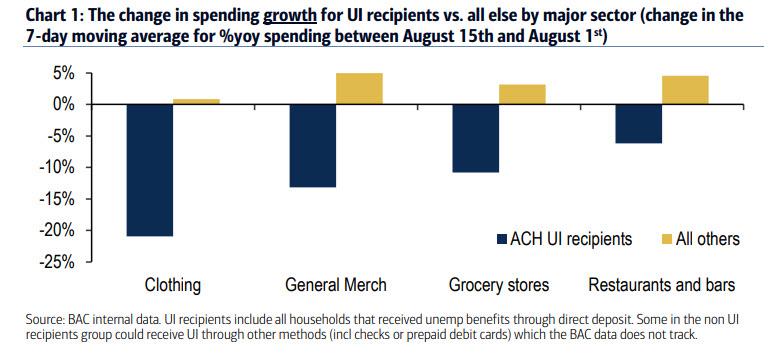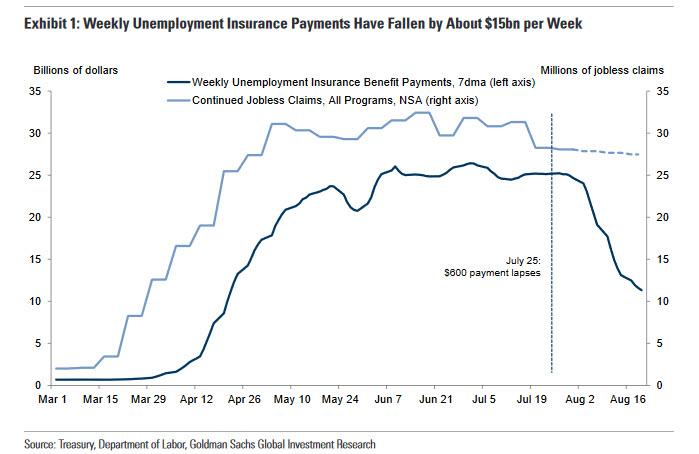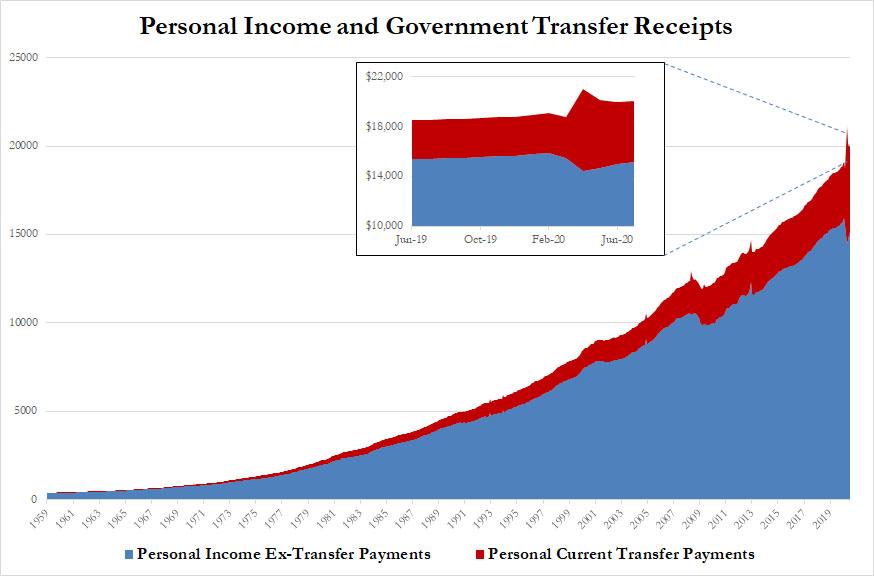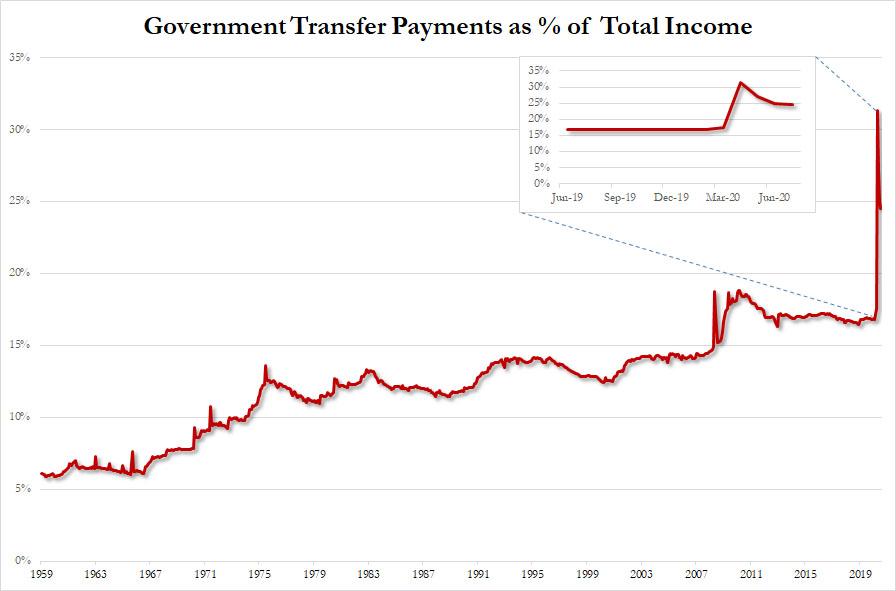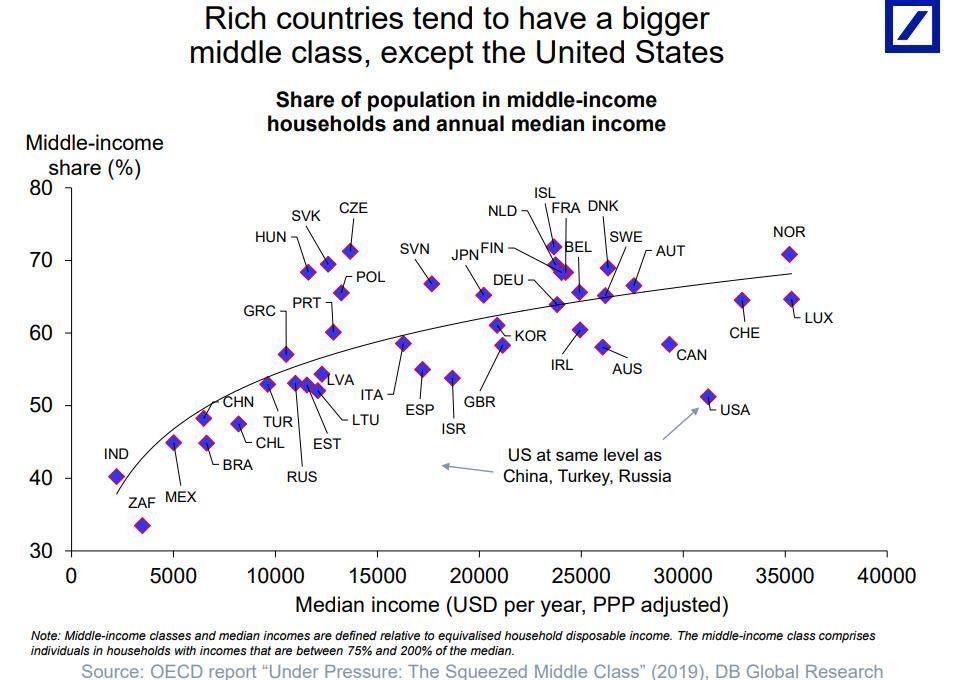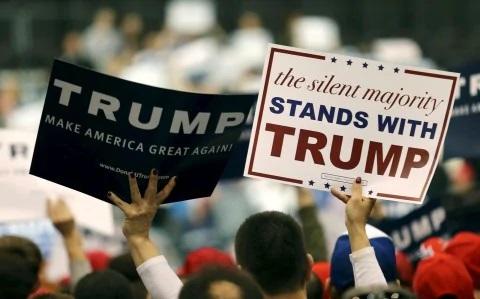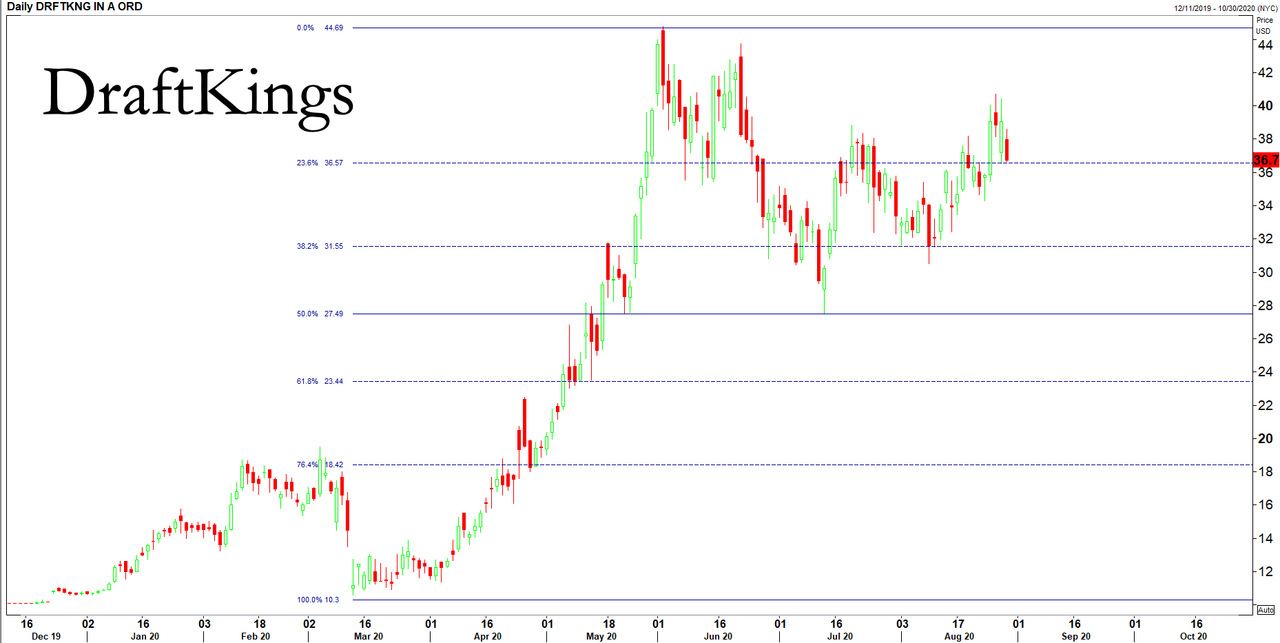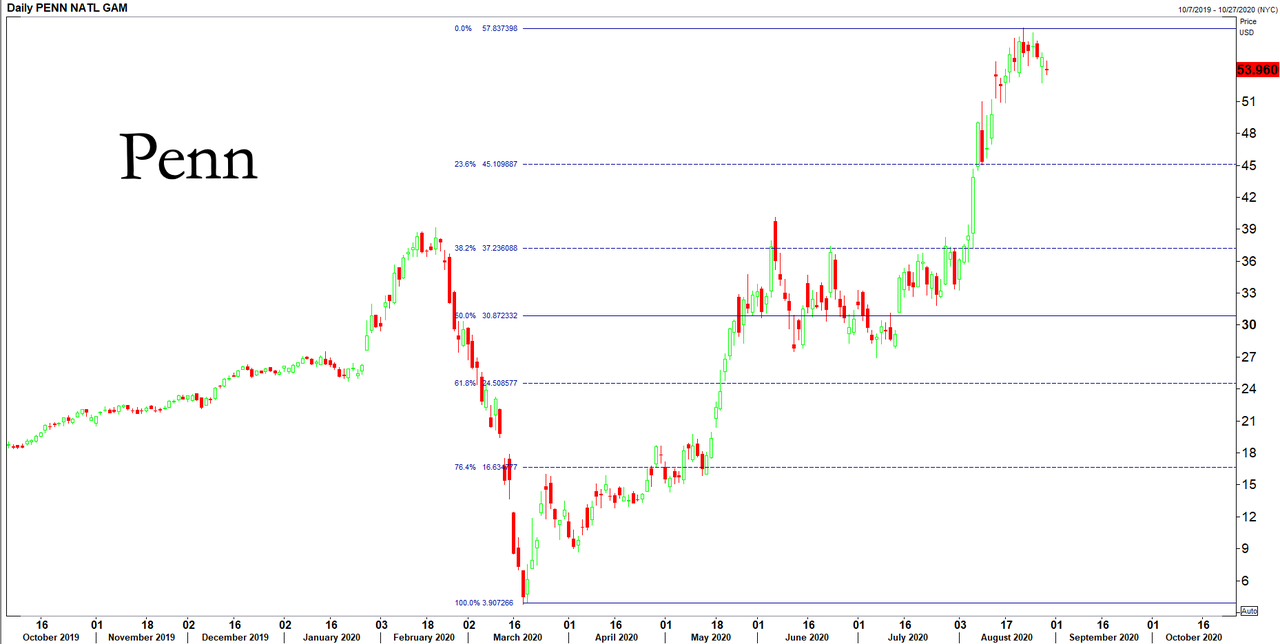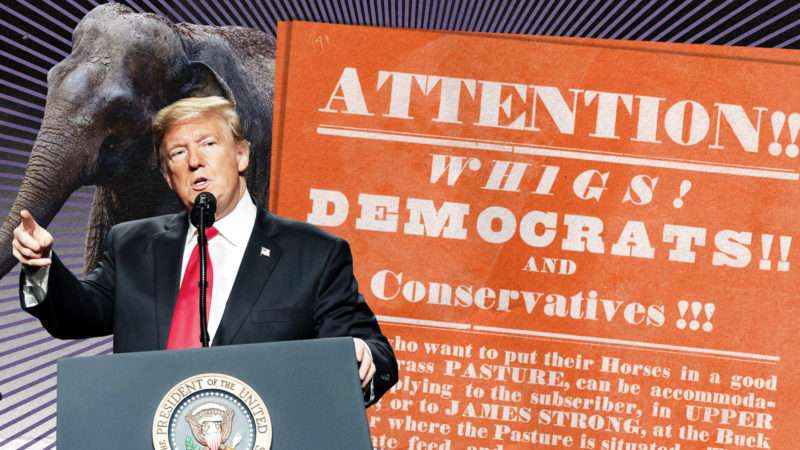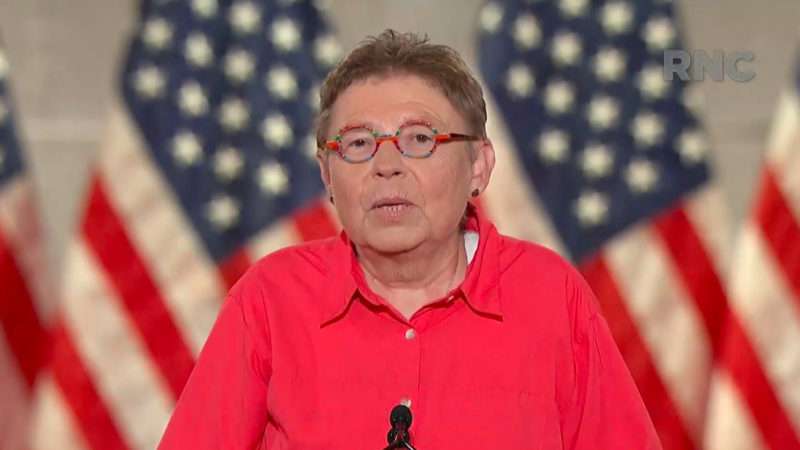
It’s telling that one of the few speakers at this week’s Republican National Convention who directly addressed President Donald Trump’s trade policies ended up inadvertently undermining the White House’s case for protectionism.
The speaker was Debbie Flood, owner of the Melron Corporation, an architectural foundry and machine shop in Schofield, Wisconsin. “We really make things, and we love it,” Flood explained in pre-recorded remarks aired Thursday.
Flood’s speech followed a predictable line of argument. In the early part of the 21st century, as China became a global manufacturing force, she watched as orders dwindled away. “When we lost nearly 50 percent of our business to China,” she said, “we wonder how a small company like ours could continue to compete.” She accused Joe Biden of being indirectly responsible for the damage to her business, because he’d supported efforts to normalize trade with China and to bring China into the World Trade Organization in the 1990s, even though those actions “were hurting American companies like ours.”
This argument has been, essentially, the root of Trump’s economic nationalist agenda for the past four years. Trump believes that increased trade with China has been a losing prospect for the United States and that the political establishment has been complicit in letting China “continue stealing our jobs, ripping us off, and robbing our country blind,” as the president said in his acceptance speech later that night. He has erected new barriers to trade with China—though they’ve mostly been ineffective—and has promised to take even more aggressive action if re-elected.
Given all that, you’d expect Flood to tell us how Trump’s intervention in the global marketplace has saved her business, or at least allowed her to regain some of what she’d lost.
Instead, her story took an unexpected turn.
“We are tenacious and we’re creative,” she said. “We took a risk and purchased a 3D printer. 3D printing technology allows us to do things that China can’t. Now, we can take a customer’s idea from sketch to sample to production in just a few weeks. This opened up new opportunities for us.”
In short, Flood argued that increased competition from China forced her company to innovate, to invest in new technology, and to seek out new customers. Instead of making the case for protecting American businesses from overseas competition, she ended up essentially offering the opposite.
Flood’s brief remarks highlighted the economic and intellectual contradiction at the center of Trump’s “America First” economic strategy. The president and his supporters claim that our businesses are the most successful in the world and that our workers are the best to be found anywhere; then they immediately suggest that the only way American companies can survive is with expensive and expansive government protection.
In reality, outsourcing low-level manufacturing to other parts of the world has allowed American manufacturing to reach new heights. You wouldn’t know it from watching the Republican convention this week—or the Democratic convention last week, for that matter—but the United States is a global manufacturing powerhouse. The narrative about declining manufacturing jobs has been outdated for years.
American manufacturing has never been more valuable than it is now. America’s industrial production last year was 48 percent higher than in 1995, according to the Federal Reserve. The number of American manufacturing jobs bottomed out at 11.4 million in 2010, at the depths of the Great Recession in 2010. Jobs in that sector had grown by 12 percent since then, before sharply declining this year as the COVID-19 pandemic shuttered factories and disrupted supply chains.
Outsourcing low-end manufacturing has allowed America to focus on manufacturing more expensive goods while maintaining access to cheap consumer goods that are now mostly made elsewhere. That shift has had negative consequences for some individuals, but those human costs can be addressed without the large-scale reorientation of global supply chains envision by Trump and others on the right, such as Sen. Josh Hawley (R–Mo.).
Meanwhile, businesses can adapt to changing economic circumstances—as Flood’s did—better than governments can. Trump’s trade policies have had huge unintended (but not unexpected) consequences for the very American manufacturers that Trump believes he is helping. More than two years after his trade war with China began, the most obvious consequence has been increased costs for American businesses that make them less competitive in the global market.
Unfortunately, the president doesn’t seem to have learned his lesson. In his acceptance speech, Trump promised to wage his trade war even harder in his second term. If reelected, Trump said, he would seek to “provide tax credits to bring jobs out of China back to America.” He also threatened to “impose tariffs on any company that leaves America to produce jobs overseas.”
That, too, is telling. Tariffs are not imposed on specific companies or their products, but on whole categories of imported goods. If a company that builds widgets moves their widget factory to Denmark, for example, the president can’t put tariffs on that company’s widgets without also imposing tariffs on all other widgets imported into the United States from Denmark.
Trump sees tariffs as a magic wand that can accomplish anything he wants. In fact they are a dull sword—a relic that’s difficult to wield effectively and that cuts both ways. Unfortunately, the president doesn’t appear to be ready to put the sword down.
from Latest – Reason.com https://ift.tt/2YLDZdv
via IFTTT
